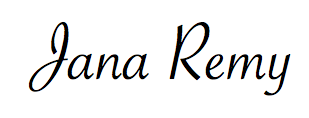This morning I received a message from my university’s career center informing me that they now subscribe to a pay-for service called “The Versatile PhD” which has:
* Examples of successful resumes and cover letters that real PhDs and ABDs used to get their first post-academic positions
* A collection of first-person narratives written by successful non-academic PhDs and ABDs, describing how their careers have developed after grad school until now
* Archived panel discussions where PhDs and ABDs working in specific non-academic fields describe their jobs and answer questions. Past topics include Federal Government, Policy Analysis, Freelance Writing and Editing, Higher Education Consulting, Management Consulting, and University Administration.
In an effort to understand this service (after I determined that my university login was not working to get me access to the site), I went to their website and learned that it’s geared especially towards the Humanities and Social Sciences, “to help humanities and social science PhDs identify and prepare for possible non-academic careers. We want them to be informed about employment realities, educated about nonacademic career options, and supported in preparing for a range of possible careers, so that in the end, they have choices.” It’s a laudable goal, and I commend the Versatile PhD service and my uni’s Career Center for providing options for all of us unemployable PhD-types. But it seems to me, that such stories are available in many places online, such as in Bethany Nowviskie’s open-source (i.e. free) book “#alt-ac: Alternate Academic Careers for Humanities Scholars.”
Call me cynical, but it seems to me that the Career Center could better serve its Humanities constituents by giving them the skills to search the web and become digitally literate in open-source offerings rather than offering canned content about possible careers from a proprietary service.
Do you agree?
Photo taken at THATCamp–a crowd-sourced open-access alt-ac unconference for the Humanities.

